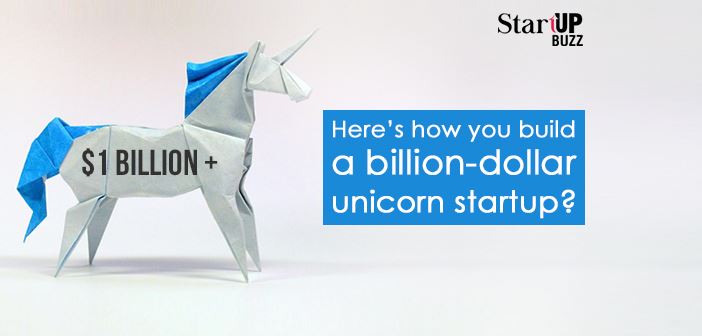![Building a Unicorn [Source: StartUp Buzz]](https://fabbaloo.com/wp-content/uploads/2020/05/unicorna1_img_5eb0972cf3b6a.jpg)
Charles Goulding and Preeti Sulibhavi of R&D Tax Savers examine unicorns and strategic expansions in 3D printing.
Believing the Fantasy: Unicorns in Business
Three of the largest privately held U.S. 3D printing unicorns are Formlabs, Desktop Metal and Carbon. One advantage to being a fast growing, privately-held company with developing intangibles and a product with global application is that it is easier to plan the optimal business structure while you are growing rather than after going public. These three unicorns have very valuable intangibles that are growing quickly in value, including but not limited to patents, materials science know-how, formulas, trade secrets, manufacturing processes and software. The earlier these intangibles are licensed and utilized in the appropriate jurisdictions, the better the future economic results. If these unicorns wait until they are much larger and a higher value is established through an IPO, the tax transfer costs related to transferring intangibles for international use will inevitably be much higher.
Markforged is on the cusp of becoming a 3D printing unicorn. It has recently evidenced strategic thinking by opening an EMEA (Europe, the Middle East and Africa) headquarters in Ireland. Ireland has a low statutory tax rate of 12.5% while providing full access to the benefits of the European Union (EU). Clearly this is the smarter choice than say the UK, whose business environment is currently in complete turmoil. Markforged is planning a 100-employee operation in Ireland, its first office outside the U.S., which demonstrates that this is a transaction intended to have real substance as opposed to being merely skeletal in form.
![Markforged: 3D Printed Robotic Arm [Markforged]](https://fabbaloo.com/wp-content/uploads/2020/05/unicornb1_img_5eb0972d2a688.jpg)
Following the Markforged Example
We anticipate that other aspiring U.S. 3D printing unicorns will follow Markforged’s example for both the EMEA and Asia. Markforged has raised over $137 million in both strategic and venture capital since its inception in 2013. Markforged has also launched its first phase of global expansion, raising $82 million in Series D round funding in March 2019.
Recently, Carbon, a 3D printing unicorn, has authorized the sale of $300 million in Series E shares. If Carbon raises this amount, it could reach a valuation of $2.5 billion. Another unicorn, Desktop Metal, has raised another $160 million to bring its total funding to $438 million and its valuation at $1.5 billion. Careful consideration of the right international structure will also enable these unicorns to optimize future international expansion, and make tax enhanced add-on acquisitions.
This is an excellent time to negotiate a good economic development package for international expansion because both Brexit and the U.S./China trade negotiations have put many new jurisdictions into play who are putting their best foot forward. Already public U.S. 3D printing companies should understand that these unicorns and their pre-cursors may very well soon have an international competitive advantage that public companies may want to replicate and perhaps emulate sooner rather than later.
![Carbon: CLIP Photochemical Process [Source: Carbon]](https://fabbaloo.com/wp-content/uploads/2020/05/unicornc1_img_5eb0972d50037.jpg)
Timing is Everything
One of the keys to international tax planning is matching the timing of your tax planning to ongoing business events. For fast-growing 3D printing unicorns the time is now.











A blog post reveals much of what happens behind the scenes at 3D print service Shapeways.